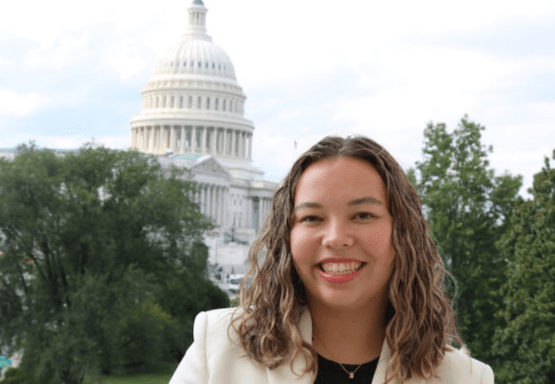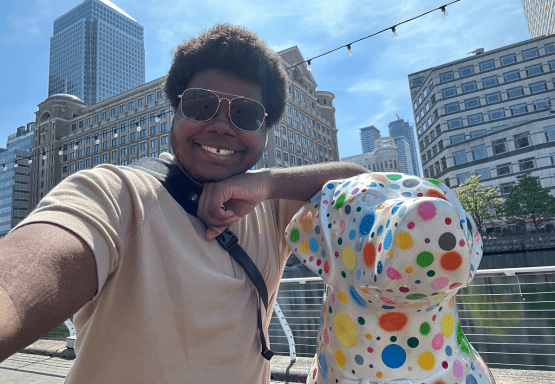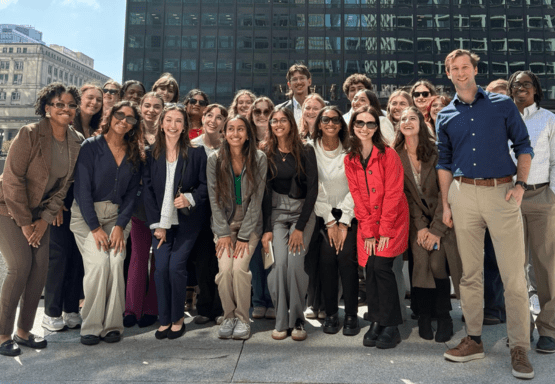Matthew Andler, the 2022-23 Stephen O. Murray Scholar in Residence, delivered his first public lecture during the end of his Sept. 22-28 campus visit. His lecture entitled “Kinship and Demarcation: What is special about sexual orientation?” was held in the JMC Library.
During the Sept. 27 event, Andler discussed why sexual orientation, among various identifying markers, is worthy of public discourse. Exploring the different dispositions and behaviors people possess and act upon, Andler suggests the fact that attractions pertaining to sex and gender are given special social attention need not to be.
Andler theorizes the distinction between sexual orientation and other aspects of sexuality is organized around heteropatriarchal kinship structures — defined in part as “childcare networks around dyadic relationships between cisgender women and cisgender men” — and, if not for these types of kinship structures, sexual orientation would not carry such weight.
“The concept of sexual orientation only arises out of kinship structures that do not promote human flourishing,” Andler said during a conversation prior to his lecture. His lecture posits why certain sexual dispositions are the object of public attention.
Two faculty members in attendance, Amanda Flaim, assistant professor of Comparative Cultures and Politics; and Robert Brathwaite, associate professor of International Relations and an associate dean, raised the question of race — where it fits.
Flaim wondered whether, “Andler’s theoretical construct applies to not only hetero-cis patriarchal societies but to those that are also systemically racist and how might hetero-cis kinship structures that are linked to racist hierarchies, work to generate both centered ‘norms’ and orientations?”
Andler welcomed the discussion about the relationship between race and sexual orientation and indicated he would continue to explore how his framework considers other phenotypes as orienting markers and that his framework might be used in modeling intersectional inquiry.
“Many of our everyday concepts — such as the concepts of justice, possibility or love — become quite perplexing when viewed through a philosophical lens. Working through this can provide clarity about important aspects of our lives that might otherwise remain unanalyzed,” Andler said. “The primary aim of my paper is to call into question the very concept of sexual orientation, so that we might develop a better understanding of what scientific, social and interpersonal roles (if any) it ought to play.”
Andler’s next public lecture is scheduled for 6 p.m., Nov. 7th in Club Spartan and will focus on the ethical design of dating applications.



.png?h=384&iar=0&w=555)


